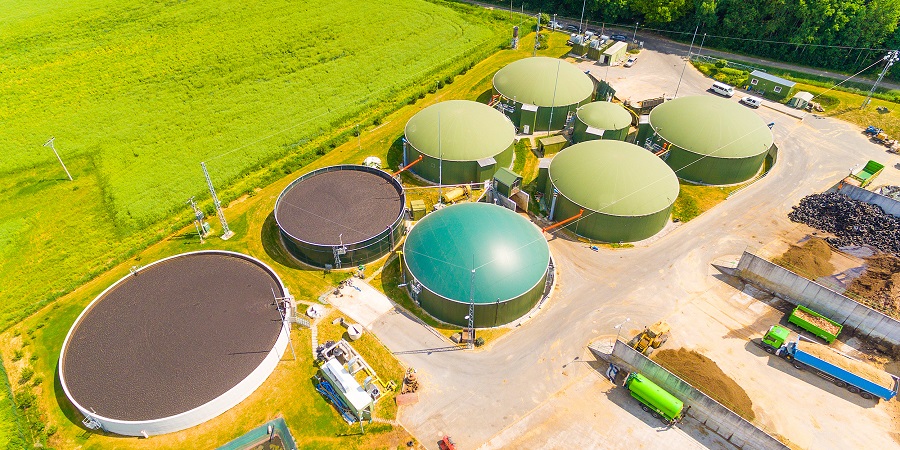
SCIENTISTS FROM RUSSIA HAVE IMPROVED THE CATALYST FOR PROCESSING BIO-OIL

The new material makes it possible to extract substances of plant origin from bio-oil.
Scientists from Gubkin Russian State University of Oil and Gas and Lomonosov Moscow State University proposed using galloisite, a clay mineral with a tubular structure that was treated with acid as part of an experiment, to improve bio-oil. The new material makes it possible to extract substances of plant origin from bio-oil, making it suitable for recycling.
Bio-oil is a mixture of water and hydrocarbons, which can be obtained by processing into a liquid using waste from the woodworking industry. Due to the high concentration of oxygen-containing compounds (up to 60%), it has a low calorific value, which prevents its use as a motor fuel.
Scientists have found that ruthenium-based catalysts used in the processing of raw materials with a high water content may lose effectiveness due to the leaching of active component particles from the carrier surface. To solve this problem, they proposed using galloisite as a catalyst carrier.
Alumosilicate nanotubes of galloisite were treated with sulfuric acid, which allowed to increase the acidity of the material, its specific surface area and the size of the inner cavity.
After processing the galloisite, scientists used it as a carrier for ruthenium-containing catalysts. Experiments have shown that dealuminated galloisite makes it possible to extract guaiacol from bio-oil with a multiple of greater efficiency than a catalyst applied to an ordinary mineral.
